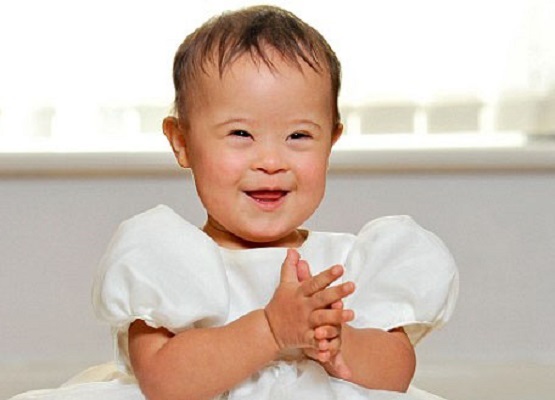Pro-life advocates fear that a federal judge who is about to hear a lawsuit challenging an Indiana pro-life law will side with Planned Parenthood because of her connection to President Barack Obama.
The Indiana law, which passed in March, bans abortion doctors from knowingly aborting an unborn baby solely because of a genetic disability such as Down syndrome, the unborn baby’s race or sex. The bill also has several other abortion-related measures, including a requirement that aborted or miscarried babies’ bodies be cremated or buried and another requirement that abortionists who have hospital admitting privileges renew them annually.
Planned Parenthood and the ACLU filed a lawsuit against the state in April. Federal Judge Tanya Walton Pratt of the U.S. Court for the Southern District of Indiana is scheduled to hear the case Tuesday.
Indiana Right to Life released a statement Monday predicting that Pratt, who was appointed by pro-abortion President Obama, will side with the abortion business and block the law from taking effect.
“Judge Pratt was appointed by the most pro-abortion president in history and she has a history of being sympathetic to the abortion lobby,” said Mike Fichter, President and CEO of Indiana Right to Life. “In 2011, Judge Pratt famously sided with Planned Parenthood and the American Civil Liberties Union. She blocked provisions of a historic law that denied public funding to abortion businesses and informed pregnant women of the unborn child’s ability to feel pain.”
Keep up with the latest pro-life news and information on Twitter. Follow @LifeNewsHQ
Fichter said he believes the Dignity for the Unborn law is constitutional and will eventually be upheld in court “even if we face a setback tomorrow.”
“No child deserves a death sentence because of his or her gender, race, national origin or negative prenatal diagnosis,” Fichter said. “This law brings compassion to the child and the mother, including through measures like providing information on perinatal hospice. “
On Tuesday, Pratt will hear arguments about whether the law should be temporarily blocked from going into effect while the court case continues, according to the pro-life group.
The abortion business failed to convince the general public to oppose the regulations, so now it hopes to convince a court. In the lawsuit, Planned Parenthood of Indiana and Kentucky claims the restrictions are unconstitutional because they infringe on a woman’s “right” to a first-trimester abortion, according to the Indy Star.
Fichter previously said the lawsuit shows how extreme abortion activists really are.
“This is the same song and dance we have seen from the abortion provider anytime they feel their lucrative abortion business is threatened,” Fichter said. “They look to the courts and activist judges to rule in their favor. Planned Parenthood boasts $2 million a year in abortion revenue in Indiana alone. They oppose any common sense law that protects women and children because they want to protect their bottom line.”
While the bill was being debated in the legislature, state Sen. Liz Brown said many families face pressure to abort from doctors or other health care professionals when their babies are diagnosed with an illness or disability in the womb. LifeNews has documented numerous cases of families saying the same thing.
“What we hear from doctors is — it would really be better off if you were not born,” Brown said. “If you are born, we will love you, and we think you have equal rights and should be a member of society. In fact, we have the Americans with Disabilities Act and have to make accommodations. But we don’t want to make the accommodation before you’re born, and in fact, it would really be easier if you were not born.”
In 2013, North Dakota became the first state to pass a similar bill to protect unborn babies from abortions because of disabilities. A handful of states also ban abortions based solely on the baby’s sex.








